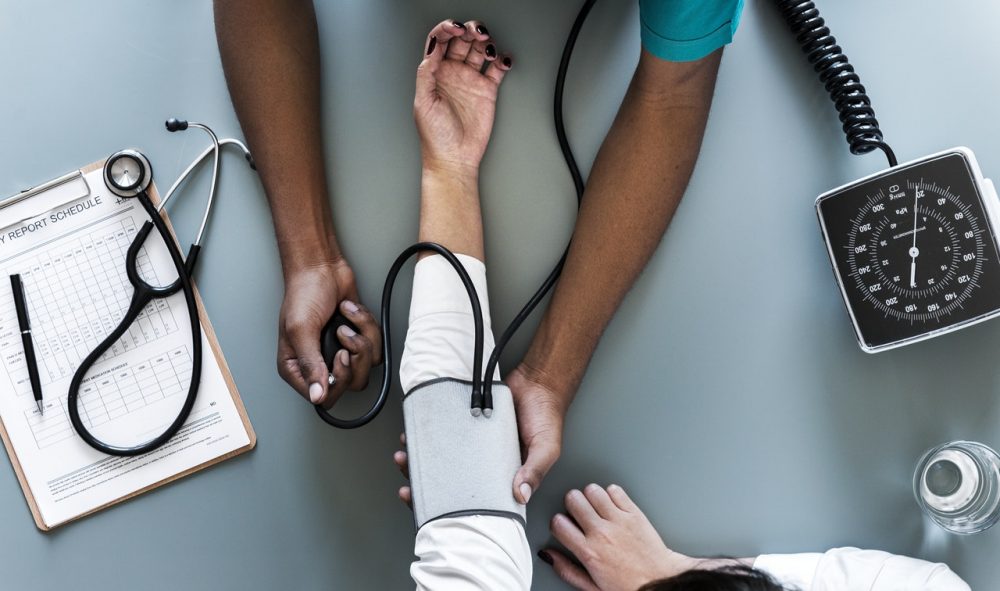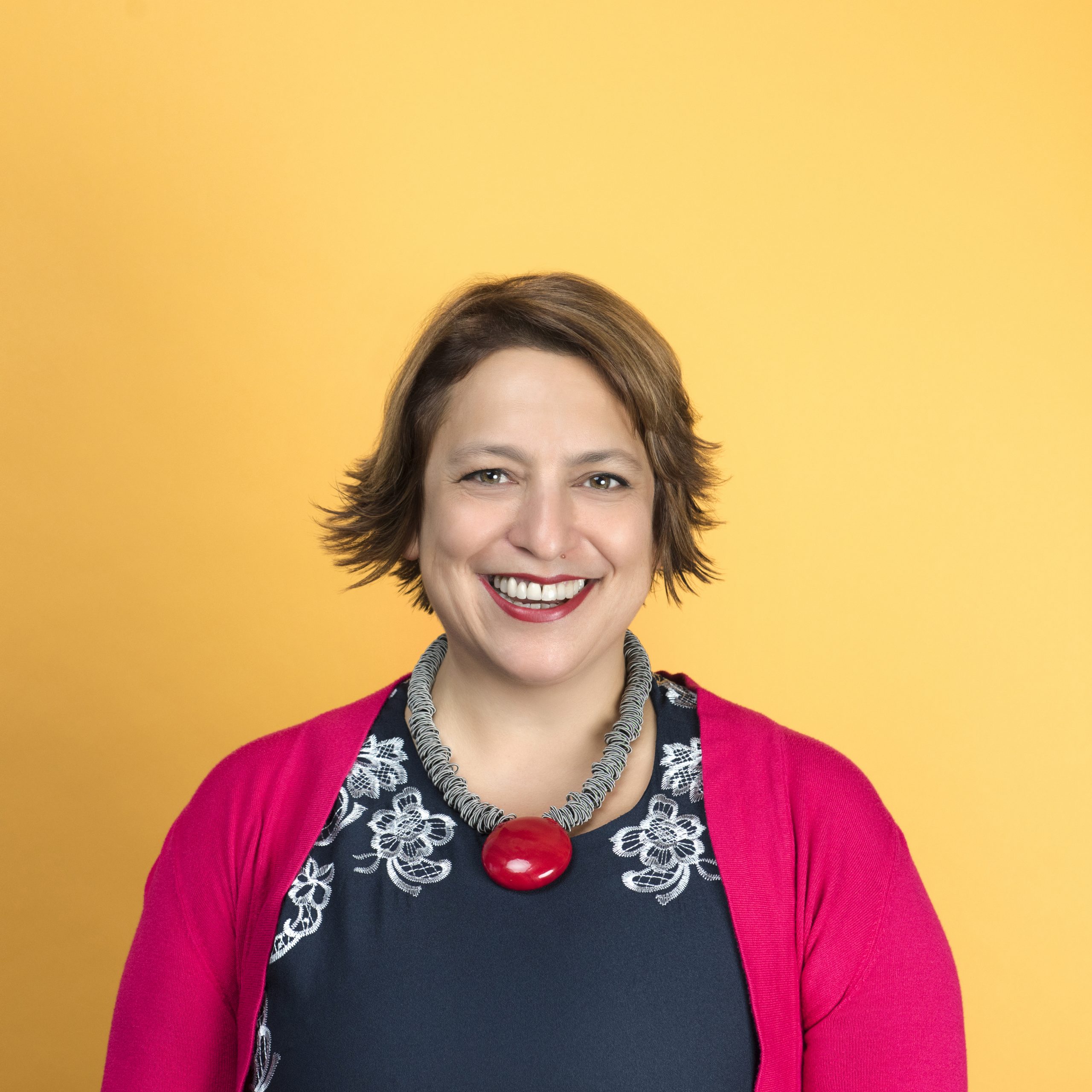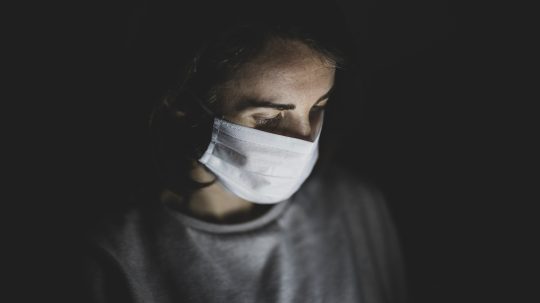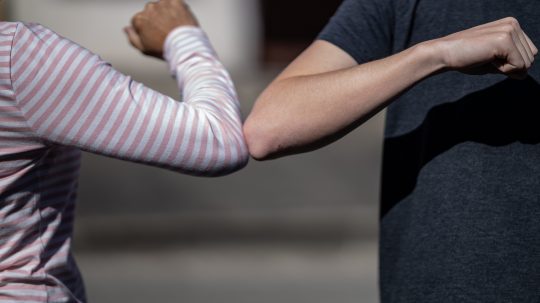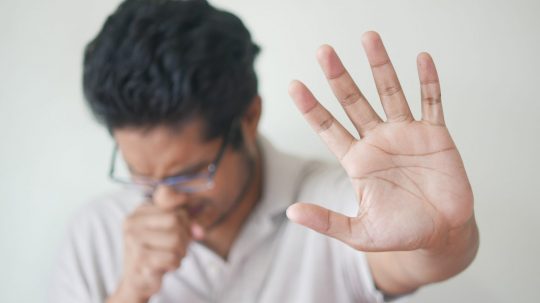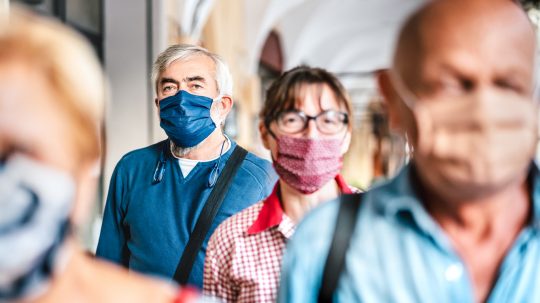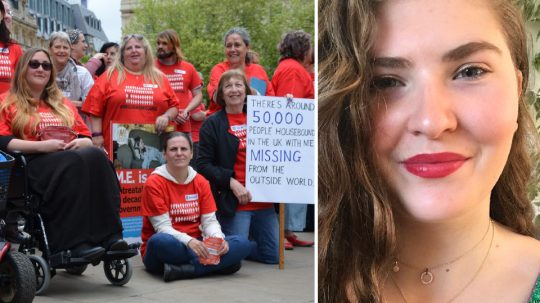When we’re unwell we expect certain things from our doctor. We expect them to care and we expect them to help us. We expect them to know what’s wrong, and if they don’t, to refer us to a specialist who does. But unfortunately, that all depends on your illness.
Not all illnesses are treated equally. We know it’s a privilege to be able to even access a doctor and we’re proud to have the NHS in the UK, but it is woefully underfunded, meaning we don’t all get the care we deserve.
Imagine knowing you’re ill and explaining your symptoms to the doctor, only to have them stop listening halfway through because they’ve already diagnosed you and everything you say will confirm their preconception: it is stress, you’re working too hard or something similar. The disabling physical symptoms of extreme fatigue, muscle aches, headaches, dizziness, and many others are dismissed. Or you’re just not trying hard enough to get better.
Access to healthcare is a human right, and it’s one being denied to a large proportion of a quarter of a million children and adults living with M.E./CFS in the UK alone. It has a long history of being dismissed and trivialised, leading to patients being neglected by medical professionals, forgotten by researchers and ignored by the government.
The quality of care M.E. patients receive in 2021 is completely unacceptable and not enough people know about it. In England, you might get help from an NHS doctor, but Action for M.E. research suggests that 45% of the time you will be referred to a non-M.E. specialist service (anything from rheumatology to psychology). It’s a geographical lottery where only if you hit the jackpot will you speak to a specialist who treats you with respect. In Scotland, there are even fewer specialist services.

Credit: National Cancer Institute / Unsplash
Charlotte lives in Scotland and has had M.E. for 3 years. She used to work full time and enjoy skiing but now spends most of her time stuck at home. M.E affects every part of her life and it’s a constant juggling act just to make it through the day. Even basic tasks like brushing her hair can become huge challenges and she has to constantly make decisions about how she should use the energy she has. Charlotte gets through the days thanks to her supportive friends and family, and her mentor, who she met through our mentoring programme.
Her symptoms have been made worse by pressure to return to work, Cognitive Behavioural Therapy (CBT) and doctors who did not believe her. One rheumatologist told her he didn’t believe in M.E., advised that she should do three 20-minute cardio workouts per week, then told her to come back if she had a real illness. At this point, even walking was a challenge, so she did not follow his advice. She hasn’t been referred for any specialist support as they’re few and far between in Scotland. Luckily, an occupational therapist in her area has an interest in M.E. and has been able to give her some support.
She feels that she constantly has to justify herself to others because her illness is invisible. In the future, she’d like to see equal support for people regardless of where they live, more research, better support upon diagnosis and for medical professionals to be better informed.
Things have to get better; it’s impossible to think they could stay the same given that Long COVID cases have passed two million. This condition, which can share several debilitating symptoms with M.E. is getting daily coverage in the press while people with M.E. face a daily struggle to get anyone to care. Charities like Action for M.E. are a lifeline for people with M.E. who fall through the health care cracks.
What Are We Doing About Helping M.E. Patients?

Credit: Matheus Ferrero / Unsplash
At Action for M.E., we’re fighting for people with M.E. to get access to better health care by petitioning the UK Governments to give equity to M.E.
We’re exploring a merger with the ME Trust so together we can provide specialist services to make up for the considerable lack of support for people with M.E.
We’re also part of Decode ME, the world’s largest genetic study into causes of M.E./CFS and are advocating for more funding to be directed towards high-quality biomedical research.
What’s Is The Solution For Helping M.E. Patients?
Educating doctors to improve their understanding of M.E. is one of the areas we think will make the biggest difference. We’re running several projects in Scotland, funded by the Scottish Government and Health & Social Care Alliance, to increase healthcare practitioner knowledge around M.E., and to ensure patients feel supported and able to speak up for themselves.
We’re promoting a free online learning module on diagnosing and managing M.E. to GPs, medical students and allied health professionals, complemented by our Learn about M.E. podcast series. We’re also running an advocacy project helping people with M.E. to understand their rights and access appropriate treatment and support. Alongside offering one-to-one casework on issues (including access to health and social care services and housing and employment rights) we deliver online workshops to support people with M.E. to better speak up for their rights.
It feels uncomfortable to criticise doctors when the NHS has provided such great care to patients throughout the pandemic, but it’s because the NHS is so overstretched we are extremely concerned it will continue to allow people with M.E. to fall through the cracks.
Access to healthcare is a human right: it shouldn’t depend on your illness or the outdated views associated with it. Patients should be listened to and respected rather than face ignorance and neglect. It is basic stuff we’re advocating for here: people with M.E. should not be discriminated against by the doctors whose job it is to help them.
The views expressed in this article are those of the author and do not necessarily reflect the views of EachOther.
Find out more in the latest EachOther video exploring Long COVID and human rights, made with help from Long COVID Scotland.

